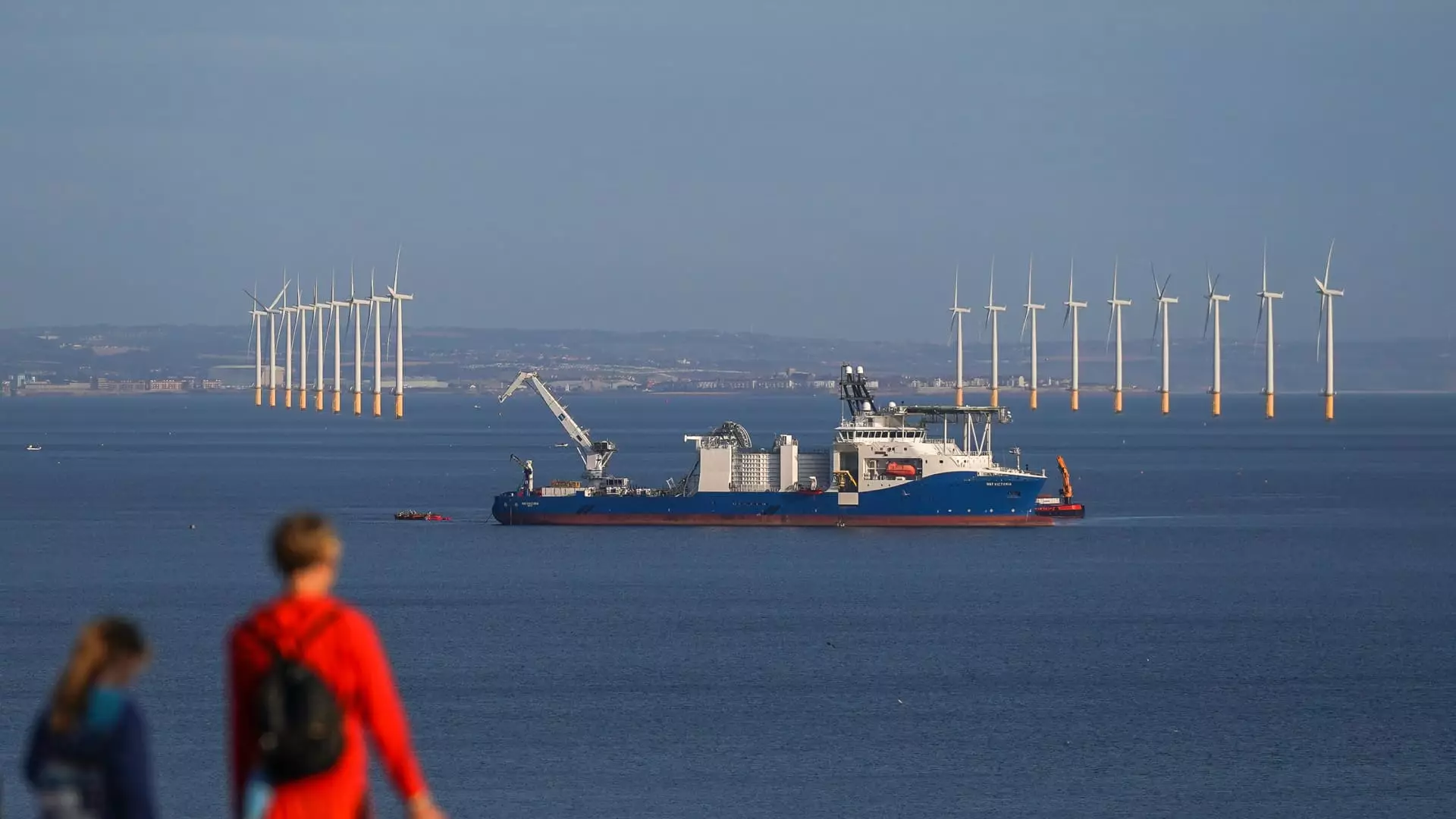In a recent statement, U.S. President-elect Donald Trump ignited a fierce debate regarding the U.K.’s energy policies by calling for Britain to “open up” the North Sea. This remark came in light of concerns raised by APA Corporation’s subsidiary, Apache, which announced plans to withdraw its operations from the North Sea by 2029. Trump attributed Apache’s decision to what he deemed a detrimental energy tax policy implemented by the Labour government, specifically criticizing the windfall tax that was recently updated to 38%.
The Energy Profits Levy (EPL) is a significant shift in taxation for North Sea oil and gas producers, aimed at redistributing profits in light of soaring energy prices following global crises. By increasing the windfall tax and extending its reach until March 2030, the Labour government hopes to raise essential funds to transition towards more sustainable energy solutions. However, this policy has provoked backlash not just from foreign leaders like Trump but also from industry players facing economic strain in a volatile market.
The criticism stems from claims that the EPL has made ongoing operations economically unviable, resulting in companies seeking alternatives elsewhere. Apache’s SEC filing last year illustrated the challenges of maintaining a profitable business model amid rising taxation and regulatory hurdles. With the North Sea being one of the most productive regions for oil and gas in the U.K., the government must weigh the impact of its policies against the imperative of energy independence.
At the heart of the disagreement lies a pivotal question: How should countries balance the push for renewable energy with the immediate necessity of harnessing existing fossil fuel resources? The Labour government maintains that the funds generated by the windfall tax will bolster investments into renewable initiatives aimed at securing Britain’s long-term energy independence and security. By investing in alternatives like offshore wind energy, the U.K. positions itself as a frontrunner in green energy. However, the rise of costs and supply chain issues within this sector raises concerns about its feasibility and immediate efficacy.
Moreover, the criticism from Trump about the Labour government’s approach underscores a foreign perspective on internal policy decisions that may not align with the broader goals of carbon reduction and sustainability. While Trump’s argument reflects traditional energy views that prioritize fossil fuels, the U.K. government’s focus on transitioning to green energy is a calculated risk aimed at combatting climate change.
Amidst the political tension, responses from key industry players such as BP and Harbour Energy have been muted, indicating a cautious approach as they navigate a challenging economic landscape while responding to both local and international pressures. The North Sea remains a crucial battleground not just for energy production but for shaping the future of Britain’s energy strategies in an increasingly competitive global environment.
As the offshore wind sector evolves, increasing production costs and market disruptions could pose significant challenges. The question remains: will policies like the Energy Profits Levy ultimately hinder or help the transition toward a sustainable energy future? The actions of both British leaders and international stakeholders will be pivotal in determining the direction of not just the North Sea, but global energy policy in years to come.

